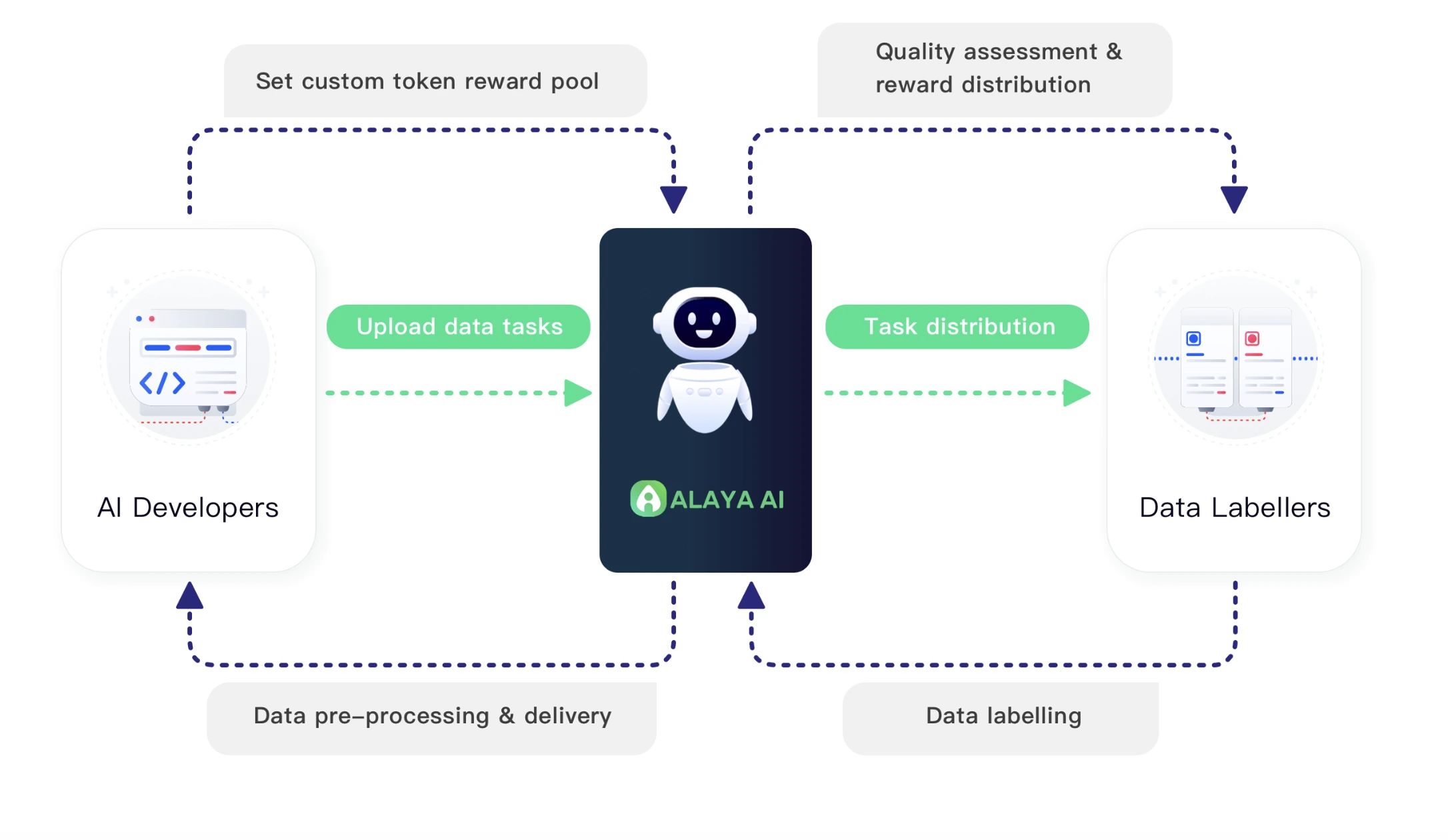The writing assistant used by millions is doing more than just correcting grammar. New research suggests ChatGPT is subtly altering our spoken conversations, embedding its preferred vocabulary into our everyday language. This discovery points to a new dynamic where we are not only using AI but are unconsciously beginning to sound just like it, creating a cultural feedback loop between people and machines.
A New Vocabulary Emerges
Evidence from the Max Planck Institute for Human Development indicates that Large Language Models (LLMs) are shaping how people speak. A team led by researcher Hiromu Yakura analyzed over 740,000 hours of audio from academic YouTube videos and conversational podcasts.
By having ChatGPT edit human writing, they identified words the AI favors, including “delve,” “comprehend,” “boast,” “swift,” and “meticulous.” Their analysis revealed a significant increase in the use of these “GPT words” after the tool’s public release in late 2022.
This linguistic shift has moved beyond formal presentations into more casual settings. The study found the same trend in unscripted podcasts covering topics from business to education, showing that people are absorbing and repeating AI’s linguistic habits.
According to study co-author Levin Brinkmann, this creates a cycle: humans train AI, the AI develops its own traits, and humans then adopt those traits, altering our own communication patterns.
Also Read: Chatbots are losing customer trust despite booming market growth
The Benefits and Drawbacks of an AI Co-author
This evolving relationship with AI offers clear advantages for many users. For students or non-native English speakers, ChatGPT can be a valuable coach for improving clarity, vocabulary, and grammar. One study demonstrated that students using the AI improved the coherence of their writing. The consistent and formal model it provides can act as an effective tutor, empowering individuals who may feel hesitant about professional or academic writing.
However, this growing reliance also has potential downsides. As we use AI as a silent writing partner, our unique personal styles could diminish, leading to a more uniform way of communicating. The richness of regional dialects and cultural expressions is at risk of being diluted if everyone’s writing adopts the same AI-generated polish, which often defaults to Standard American English.
Also Read: OpenAI to launch AI browser, taking direct aim at Google Chrome’s dominance
The perfect phrasing suggested by an AI can sometimes strip away the emotional nuance that makes a personal message feel authentic.
Finding Your Voice in the Age of AI
Technology has long influenced how we communicate; texting, for instance, introduced abbreviations like “LOL” into our vocabulary. The difference with AI is the remarkable speed and scale of its impact on our language. This rapid adoption means we need to be more conscious of how we interact with these tools, aiming to use them without losing our own authentic voices in the process.
A practical approach is to treat AI as an assistant for a first draft rather than the final author. Before sending an email or publishing a post, it is worth pausing to ask if it truly reflects your own style. While ChatGPT can produce a technically perfect sentence, only a person can add the unique anecdotes, humor, and perspective that give communication its genuine human touch.
The challenge moving forward is to harness the power of AI while safeguarding the individuality that makes each of our voices distinct.





